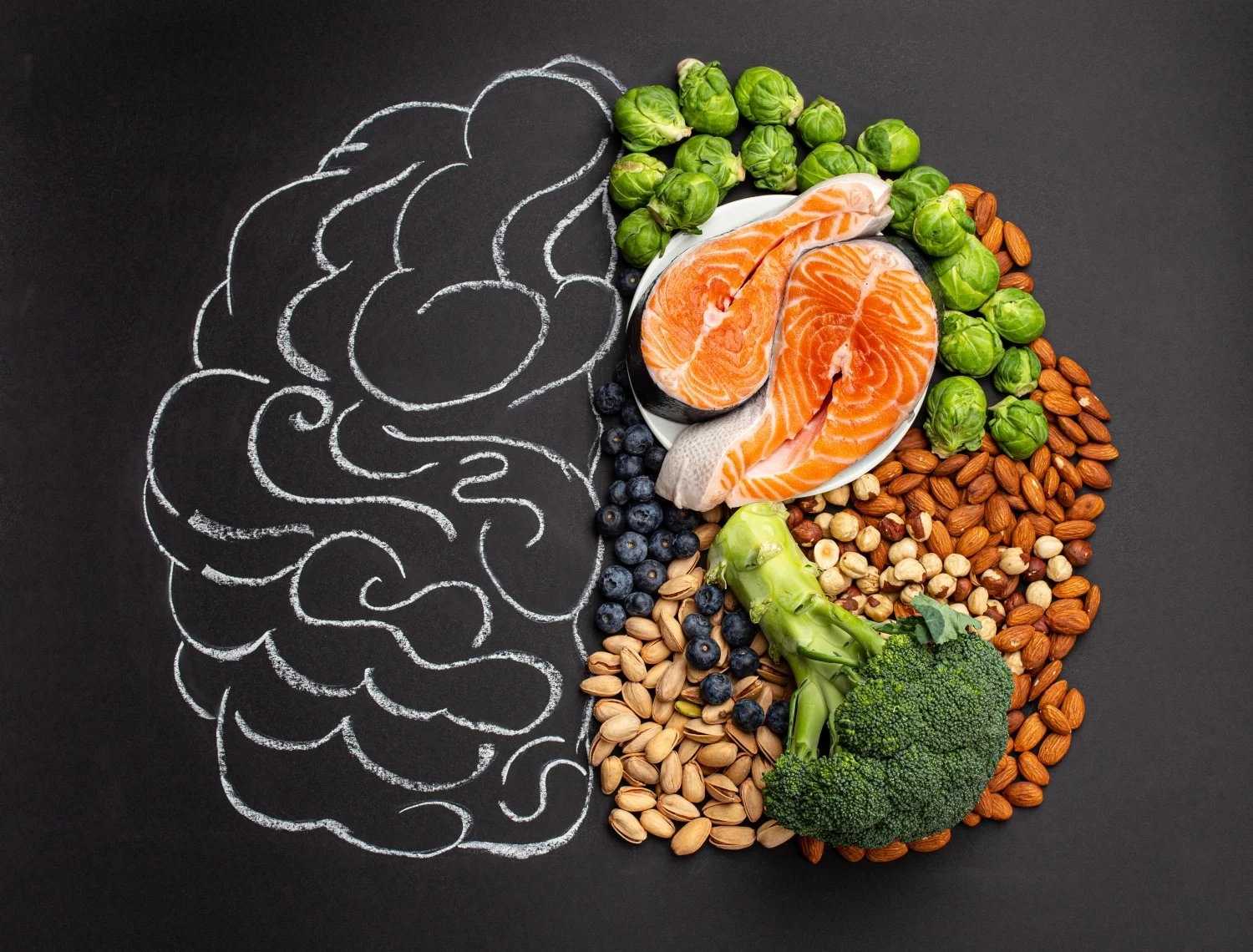Introduction
Stress is an inevitable part of life, but how we manage it can make a significant difference in our overall well-being. While exercise, meditation, and sleep are often discussed as stress management tools, nutrition plays a crucial role in reducing or exacerbating stress levels. Certain foods can help regulate stress hormones and promote relaxation, while others can trigger or worsen stress responses. In this article, we’ll explore the best and worst foods for stress management and how nutrition can be used as a tool for mental resilience.
How Nutrition Affects Stress
The food we eat influences neurotransmitter production, hormone regulation, and inflammation, all of which impact stress levels. Here’s how:
- Blood Sugar Stability: Unstable blood sugar can lead to mood swings and increased stress.
- Gut-Brain Connection: A healthy gut microbiome supports mental health by producing serotonin and other calming neurotransmitters.
- Hormone Regulation: Nutrients like magnesium, omega-3s, and vitamin B-complex play a role in stress hormone control.
By making mindful food choices, we can better equip our bodies to handle stress effectively.
Foods That Help Manage Stress
1. Complex Carbohydrates
Whole grains, legumes, and starchy vegetables help stabilize blood sugar and boost serotonin production, a neurotransmitter that promotes relaxation.
Examples: Brown rice, quinoa, oats, sweet potatoes, lentils.
2. Omega-3 Fatty Acids
Omega-3s reduce inflammation and support brain health and stress resilience.
Examples: Salmon, flaxseeds, walnuts, chia seeds.
3. Magnesium-Rich Foods
Magnesium is essential for muscle relaxation and nervous system balance.
Examples: Spinach, almonds, bananas, avocados, dark chocolate.
4. Vitamin B-Complex Foods
B vitamins reduce fatigue and support neurotransmitter function, helping combat stress and anxiety.
Examples: Eggs, dairy, whole grains, leafy greens, lean meats.
5. Probiotic Foods
A healthy gut improves mood and stress response by balancing gut bacteria and promoting serotonin production.
Examples: Yogurt, kefir, kimchi, sauerkraut, miso.
6. Herbal Teas
Certain herbal teas calm the nervous system and promote relaxation.
Examples: Chamomile tea, green tea (low caffeine), peppermint tea, valerian root tea.
7. Dark Chocolate
Contains flavonoids that lower cortisol (stress hormone) and improve mood.
Examples: Dark chocolate (70% cocoa or higher).
Foods That Worsen Stress
1. Refined Sugars and Processed Foods
Sugary snacks and processed foods cause blood sugar spikes and crashes, leading to irritability and anxiety.
Examples: Candy, soda, white bread, pastries.
2. Caffeine
While caffeine can increase alertness, excessive intake may lead to increased cortisol levels and anxiety.
Examples: Coffee, energy drinks, high-caffeine teas, soft drinks.
3. Alcohol
Although alcohol may seem relaxing initially, it disrupts sleep and can worsen mood swings over time.
Examples: Beer, wine, spirits, mixed alcoholic drinks.
4. Processed Meats
High sodium and preservative content can contribute to increased blood pressure and stress responses.
Examples: Bacon, sausages, deli meats, hot dogs.
5. Fried and Fast Foods
These foods are high in unhealthy fats and low in essential nutrients, leading to inflammation and mood disturbances.
Examples: French fries, fried chicken, chips, fast food burgers.
6. Artificial Sweeteners
Some artificial sweeteners may negatively impact gut health and neurotransmitter function, affecting stress levels.
Examples: Aspartame, saccharin, sucralose.
Creating a Stress-Reducing Meal Plan
A well-balanced diet that includes stress-reducing foods can improve mental clarity and emotional well-being. Here’s a simple daily meal plan for stress management:
Breakfast
- Oatmeal topped with walnuts and blueberries
- Herbal tea (chamomile or green tea)
Lunch
- Grilled salmon with quinoa and roasted vegetables
- A side of probiotic-rich yogurt
Snack
- A handful of almonds and dark chocolate
Dinner
- Stir-fried tofu with brown rice and leafy greens
- A cup of peppermint tea
Before Bed
- A banana with a spoonful of almond butter
- Warm herbal tea (valerian root or chamomile)
Conclusion
Managing stress through nutrition is an effective and natural approach to improving mental well-being. Foods rich in vitamins, minerals, and healthy fats support brain function and reduce stress levels, while processed foods, refined sugars, and excessive caffeine can make stress worse. By making mindful dietary choices, you can help your body and mind stay resilient in the face of daily challenges.
FAQs
1. Can diet alone eliminate stress?
While diet plays a crucial role in stress management, it should be combined with exercise, sleep, mindfulness, and social support for the best results.
2. How quickly can dietary changes impact stress levels?
Some effects, like stable blood sugar, can be felt within hours or days, while long-term benefits, like improved brain function, may take weeks or months.
3. What is the best drink for stress relief?
Herbal teas like chamomile, peppermint, and valerian root tea are known for their calming properties and can help reduce stress and anxiety.


Leave a Reply